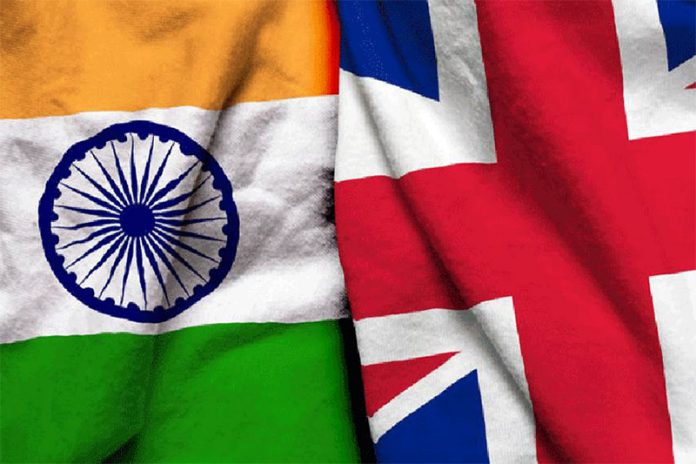NEW DELHI, Dec 15 : India and the UK are trying to resolve issues concerning visas for domestic professionals and duty concessions on British electric vehicles (EVs) as part of the proposed free trade agreement, and talks on them are at the last leg, an official said.
An Indian team is in the UK to iron out differences over these issues, besides some others in the services sector and customs duty cut on British whiskey.
The two countries are looking at tariff rate quota (TRQ) type arrangements for EVs.
Under TRQ, a fixed number of goods are allowed at concessional duty, and beyond that, normal duty applies.
The UK has sought customs duty concessions on exports of electric vehicles to India under the proposed free trade agreement.
“India is seeking a liberal visa regime for its services companies as those firms need to send skilled professionals to the UK. So, visa regime should be facilitative for them,” the official said.
However, the UK is arguing that one of the main issues that led to Brexit was migration.
“So, we have to balance their migration concerns with our mobility concerns. The point is that we would like our companies to have mobility, so they can perform and the UK’s concern is to see that migration does not go unchecked,” the official said.
The fast-growing EV market in India is catching the eyes of global players. The UK is also looking at phasing out ICE (internal combustion engine) vehicles by 2035, and the British auto market is export-driven.
“So, getting a duty concession on ICE will not have any advantage for them and here, India has extended a production-linked incentive scheme for EVs, so we want our EV sector to be well protected till the PLI scheme is there. So, how to create the balance between between their and our interests,” the official said.
India’s electric vehicles market is expected to grow to one crore units in annual sales by 2030 and create five crore direct and indirect jobs, according to the Economic Survey 2022-23.
As per industry estimates, the total EV sales in India stood at around 10 lakh units in 2022.
The government has rolled out production-linked incentives (PLI) schemes for advanced chemistry cell (ACC) battery storage with an outlay of Rs 18,100 crore and Rs 26,058 crore PLI scheme for auto, auto-components and drone industries.
The negotiations for the FTA are underway, and both sides are discussing issues that are slightly complex in nature.
Issues under negotiation include social security pact, automobiles, medical devices, movement of professionals; rules of origin; intellectual property rights (IPRs); duty concessions on electric vehicles, scotch whiskey, lamb meat, and chocolates; and liberalisation of norms in services sectors like banking and insurance.
India and the UK launched the talks for a free-trade agreement (FTA) in January 2022, with an aim to conclude talks by Diwali (October 24, 2022), but the deadline was missed due to political developments in the UK.
There are 26 chapters in the agreement, which include goods, services, investments and intellectual property rights. (PTI)


